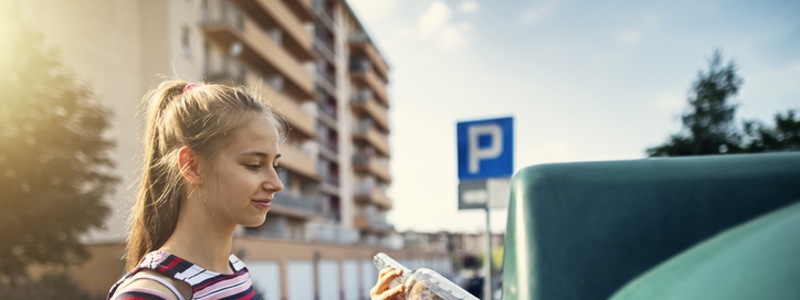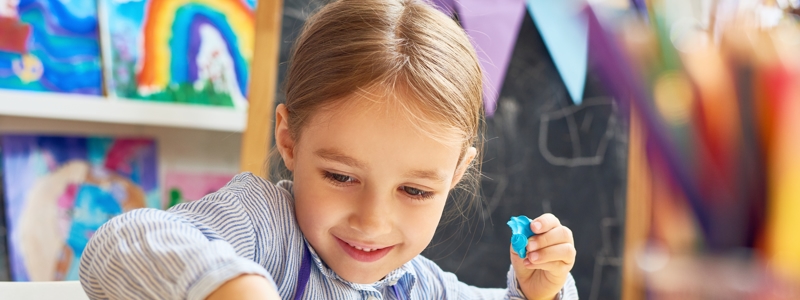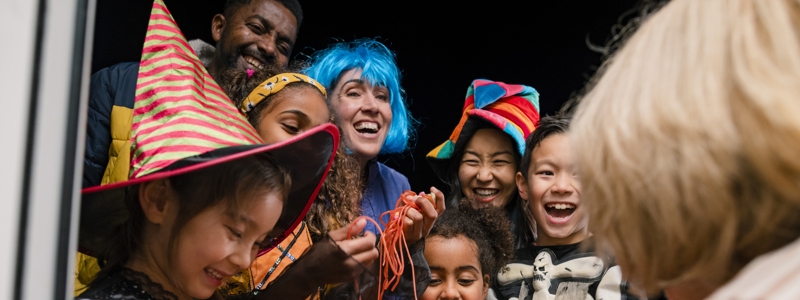Teaching kids about sustainability and getting them to build up ‘green’ habits certainly isn’t an easy task. Not only are our children the future generation, their actions today are just as important as an adult. Teaching them ways they can change their everyday actions, as well as helping them understand how living in more sustainable ways will make a difference is crucial. Here’s some tips for teaching your kids about sustainability which are sure to help them become environmentally aware from an early age.
Be a Good Role Model
With any good habit, the key is being a good role model. By showing that you respect the environment, your kids will hopefully want to do the same. It’s also a great idea to show them how small changes you’ve made can make a big difference.
Practice Recycling Together
An important area for your kids to understand is waste and recycling. Start by talking about how paper is made and why recycling can help protect the forests, and discuss how some materials, such as plastic, take hundreds of years to break down naturally and are harmful to wildlife and the environment. Once they understand the importance of recycling, you can create separate coloured boxes at home for plastic, glass, paper and cans. To make it fun and easy to remember, ask your kids to make posters with specific recycling rules to stick on each one. For example, all tins should be rinsed out and all bottles shouldn’t have lids on. Keep encouraging them to use the bins and before long it will be second nature for the whole family!
Swap One-Use Items For Reusable
Swapping one-use throw-away items for reusable alternatives is a super easy way to help your kids become more sustainable in their everyday life. Encourage your kids to say ‘no’ to plastic water bottles and instead ask them to choose a reusable one they can fill up every day. The same goes for plastic bags – show your children how easy it is to carry a reusable tote bag. The younger you instil an eco-conscious way of thinking, the more likely they are to continue with these simple swaps as they get older.
Lower Your Utility Bills Together
To help teach your kids about energy conservation and being more sustainable with everyday choices, make it a fun challenge by trying to lower your utility bills together. This will help demonstrate how much energy costs and you can even talk about the benefits that reducing energy and water usage has on the planet. Ask them to turn off lights, switch off computers and TV’s, shutting the fridge and turning the tap off when brushing their teeth. Even though turning a light off may seem silly and not very significant, it’s important to remind your child of the huge impact it has. Check the bottom of the blog post for education videos and resources that will help your kids understand why conserving energy is so important.
Don’t Just Throw It Away
Being more sustainable can be encouraged in so many areas of your child’s life. A great place you can get them to start helping making ‘eco-friendly’ decisions is when asking them to de-clutter their toys, books and clothes they no longer want or use. Rather than just throwing items away, it’s important to show them all the ways they can pass along these items. Whether it’s donating them to charity, handing them down to friends and family, selling items at a car boot sale or recycling broken items correctly – these habits will hopefully stay with them for a long time.
Read Books About Sustainability
Reading books that highlight the importance of the environment is an excellent way to introduce kids to the issues surrounding sustainability, without being gloomy. Some well-known children’s classics such as The Lorax by Dr Seuss or Charlotte’s Web can create fantastic opportunities to discuss the importance of living sustainably, or you could try a colourful non-fiction book, we love ‘What A Waste’ for children of all ages. Not only will your kids enjoy the story, they can learn valuable information about sustainability in a way they can easily understand.
Not sure what books to look out for? Check out this helpful list of 100 of the best books about sustainability .
Other Educational and Video Resources




